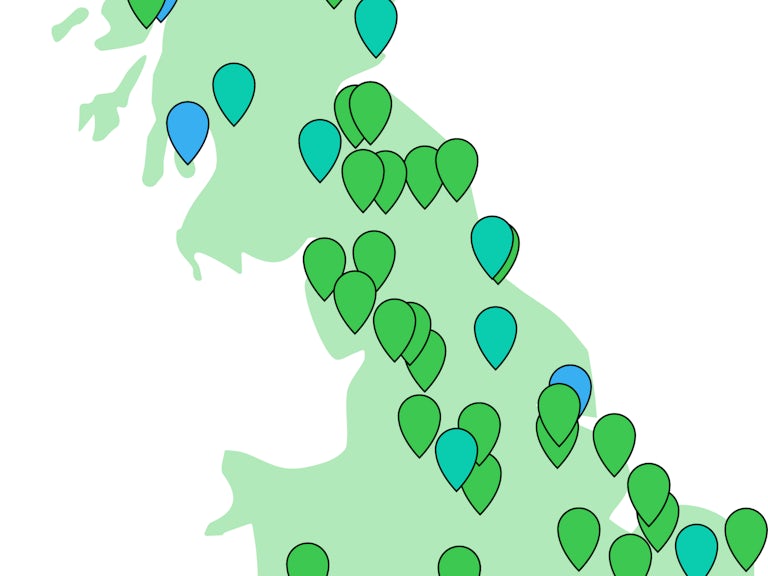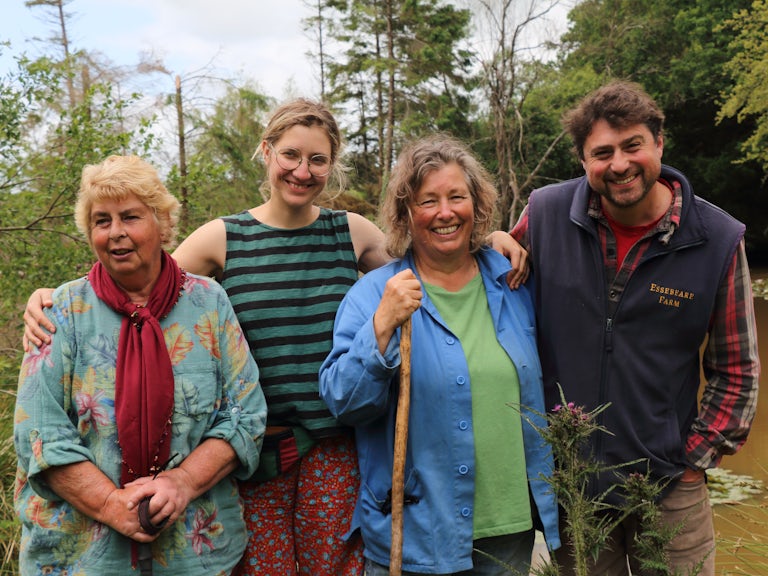Rewilding Innovation Fund projects
Explore all the projects funded by Rewilding Britain’s Rewilding Innovation Fund.

It’s not too late to restore nature, but we must act urgently if we are to do so. We set up the Rewilding Innovation Fund to offer seed funding to projects, breaking down barriers to getting started or enabling new approaches to go on to scale up.
These projects are pioneering, pushing rewilding forward at the scale and speed that’s needed to restore ecosystems at the landscape scale. Many are focused on developing strategies to guide future efforts and ensure all the impacts of the project are fully considered and accounted for. More and more are involving local communities in rewilding initiatives.
We’ve chosen to fund these areas to help kickstart the mass restoration of ecosystems and drive more effective nature recovery.
Apply for the Rewilding Innovation Fund
Applications for our Rewilding Innovation Fund are open until 28 February.
Our impact so far
Innovation Fund Impacts
-

79
projects funded in total since 2021
-

£970,000
awarded to innovative rewilding projects
-

30+
counties in Britain covered by funded projects
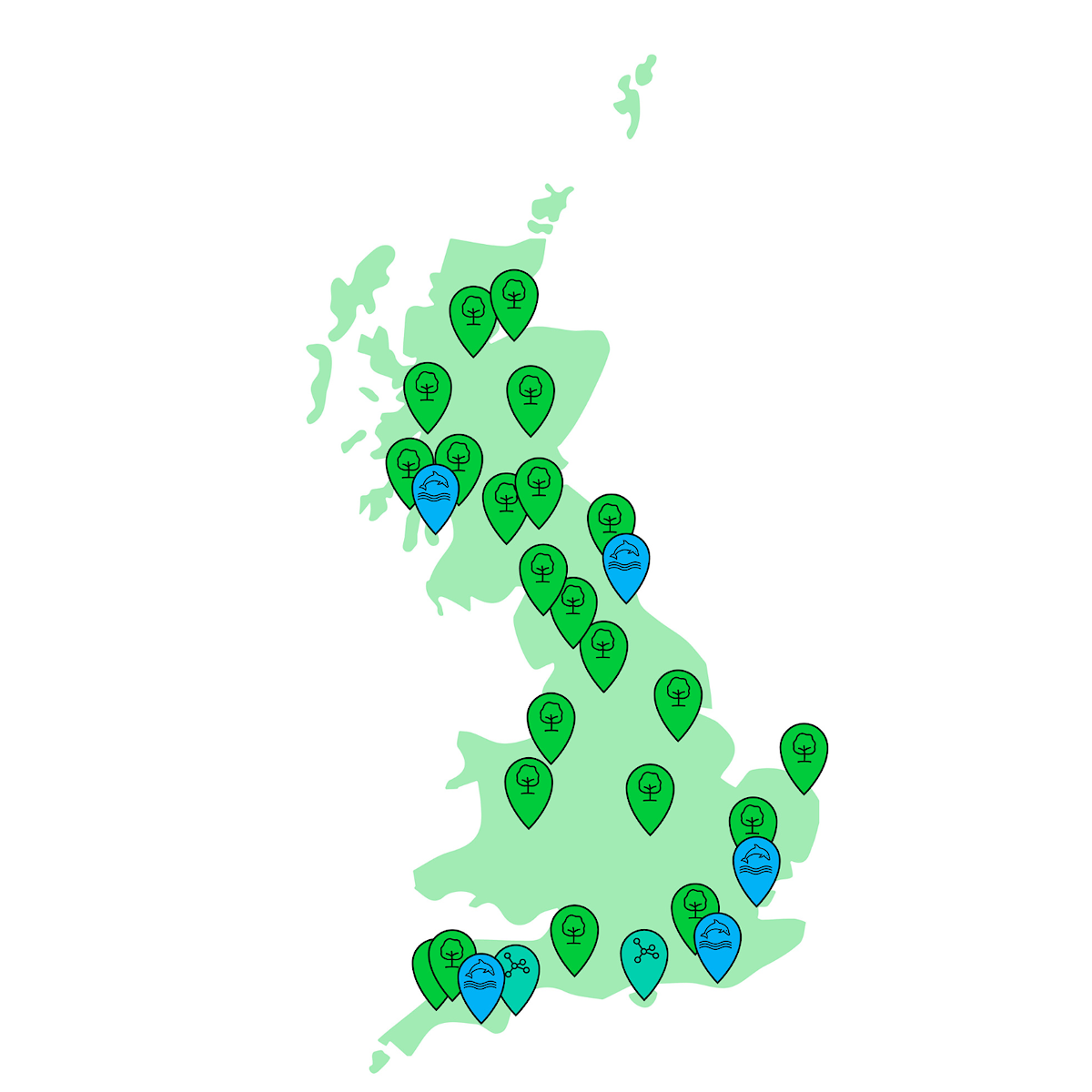
Where we’ve funded projects
This map shows the incredible diversity of Innovation Fund rewilding projects across England, Scotland and Wales, from landowners to managers and community groups.
With our support, they are expanding their bold efforts to improve our climate, bring back nature, and create economic opportunities for local communities.
Find out more about our project categories and the full list of funded projects.
Support the Innovation Fund
With your help we can support more rewilding projects on the ground.
Projects supported by our innovation fund
Tech and innovation projects
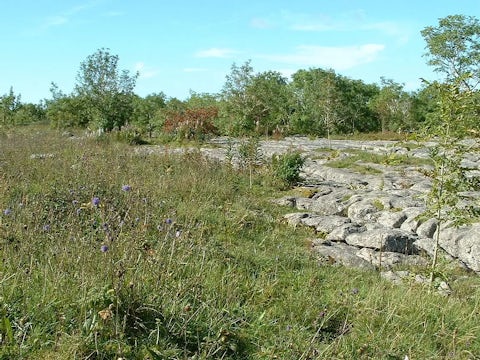
Wilder Western Dales
Tech- Yorkshire, England
- 2025
Yorkshire Wildlife Trust wants to change hearts and minds in the western Yorkshire Dales and are using funding to create a Lantra-accredited rewilding course to provide advisors with skills in landscape-scale wildlife recovery advice.
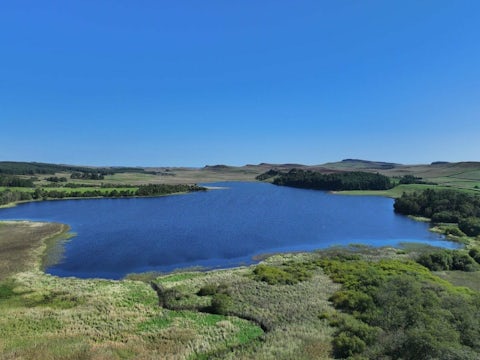
The call of the wild at Hadrian’s Wall
Tech- Northumberland, England
- 2024
This funding will utilise acoustic recording devices throughout Northumberland National Park's Hadrian’s Wall: Recovering Nature project to monitor and identify species in real-time, building community engagement with innovative technology.
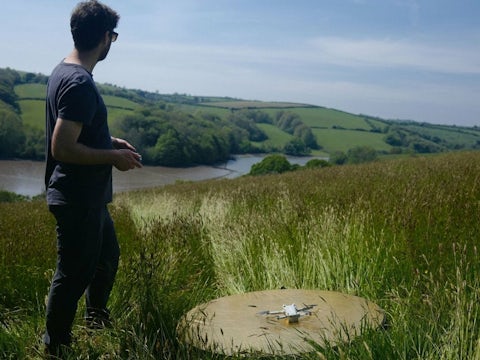
The role of AI in rewilding
Tech- Devon, England
- 2024
This funding will help Devon Rewilding Network develop AI technology, using existing drone footage to show how land could be better connected through rewilding, helping local landowners visualise the future of rewilding on their land.
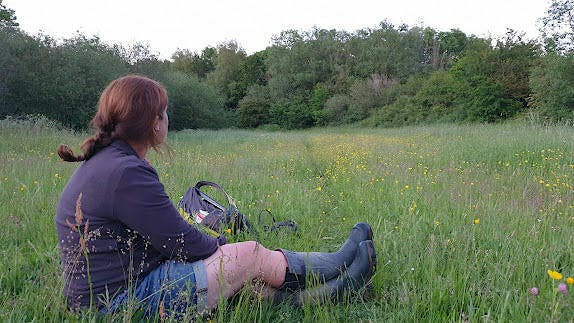
A new dawn for wild data
Tech- Britain-wide
- 2023
Knepp Wildland has been a rewilding pioneer for over two decades, tracking extraordinary journeys of nature recovery. The funding will help develop a new Wild Data portal to allow others to explore the research findings from the project.
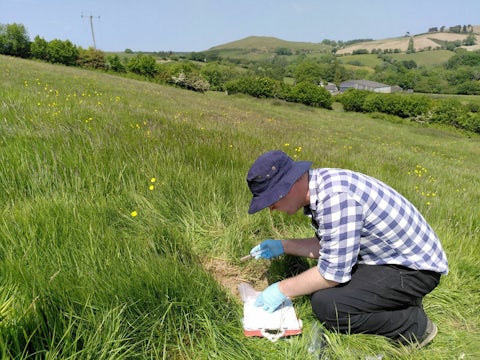
eDNA surveying and baselining techniques
Tech- Radnorshire, Wales
- 2022
Radnorshire Wildlife Trust are developing a toolkit for setting an ecological baseline for nature recovery and rewilding projects. This funding has explored eDNA surveys for soil monitoring as well as community engagement opportunities.
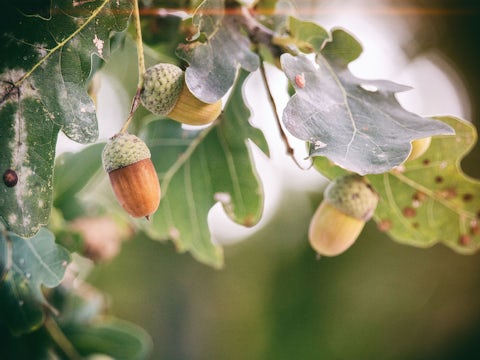
Tree Seeding
Tech- Lake District, England
- 2021
Lowther Estate is starting a tree seeding experiment with the funding, to see if it's more effective than tree planting on their land. They'll measure if seeding produces more woodland of local origin which naturally expands in the future.
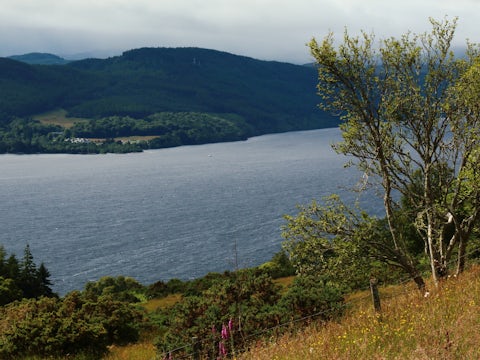
Modelling Carbon Capture
Tech- Britain-wide
- 2021
Scotland’s Bunloit Estate, Norfolk’s Wendling Beck and Sussex’s Knepp Estate were funded to measure the potential carbon captured by scrub and wood pasture. Treeconomy are helping them model it using remote sensing techniques e.g. LiDAR.
Community engagement projects

Wild connections
Community- Yorkshire, England
- 2025
The Yorkshire Rewilding Network, which is dedicated to inspiring and connecting people across Yorkshire to grow a movement for rewilding, is putting a Rewilding Network Manager in place to increase network engagement and reach.

Discover Nature Award
Community- Southern Scotland, Scotland
- 2025
Borders Forest Trust’s Discover Nature Award (DNA) is an accessible, youth-led initiative designed to reconnect young adults with nature and empower them to take action, offering free experiences which get young people out into nature.

West Exmoor Nature Recovery Together Project
Community- Devon, England
- 2025
The National Trust are championing youth-led rewilding in west Exmoor with their Nature Recovery Together Project which seeks to partner with youth organisations to restore their West Lyn site to a diverse and dynamic mosaic of habitats.
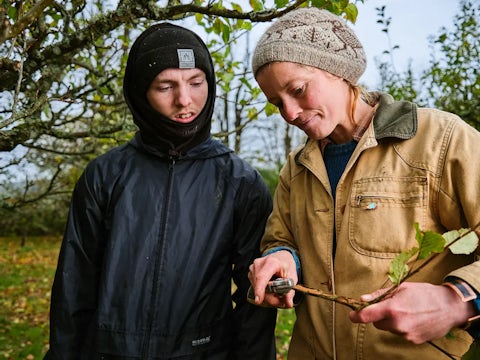
Penpont Project Forest Camp
Community- Brecon Beacons, Wales
- 2025
Led by intergenerational decision-making, Penpont Project hosts education programmes for a range of young people. They're setting up an inclusive Forest Camp to ensure that young people get a chance to immerse themselves in nature.
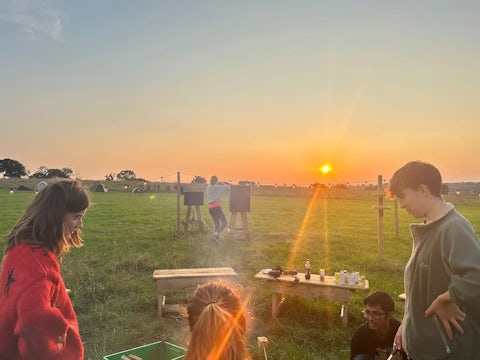
Helping Community-Nature Relationships
Community- Somerset, England
- 2025
Heal Rewilding want to foster genuine community ownership and stewardship of their Heal Somerset rewilding site through three projects: a Community Nature Barn, Village Fields for local people and the Heal Future Advisory Panel.
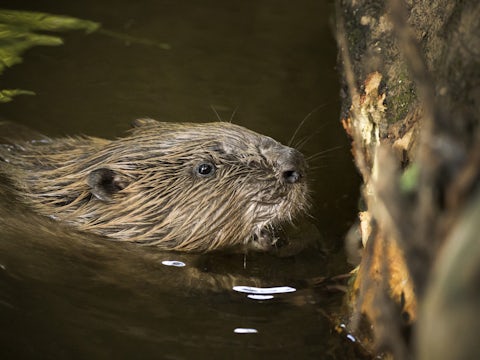
Rewilding the Highlands With Beavers
Community- Scottish Highlands, Scotland
- 2025
Trees for Life want to bring beavers back to the northern Scottish Highlands, to create biodiversity-rich, carbon-storing wetlands. This funding is helping them select release sites and run informational events for local communities.
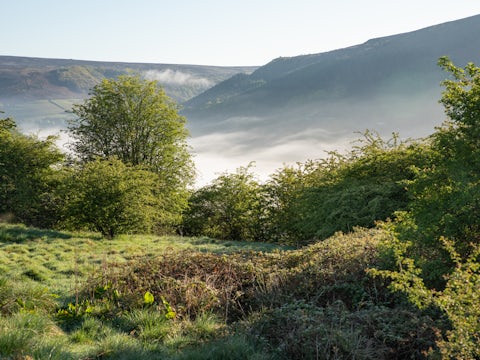
Community Rewilding Roadshows and Hub
Community- Northeast, England
- 2025
Climate Action North plans to grow their North East Rewilding Network and spread awareness of the power of communities in rewilding – through the creation of a Rewilding Hub and a series of four Community Rewilding Roadshow events.
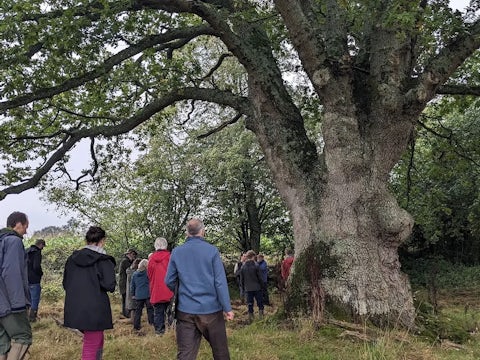
Wye Valley Wilding
Community- Monmouthshire, Wales
- 2025
Wye Valley Wilding aims to accelerate progress towards a wilder River Wye catchment by enhancing their events programme, increasing rewilding land in the catchment, understanding barriers and exploring local partnership opportunities.
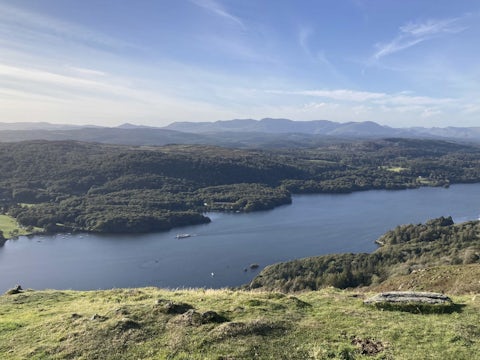
Connecting with nature — Scouts
Community- Countrywide, England
- 2024
Four Scout Adventures centres, spanning 300ha, are developing plans to restore nature across their sites. The funding will support the evidence base that will ensure long-term benefits for wildlife and young people.
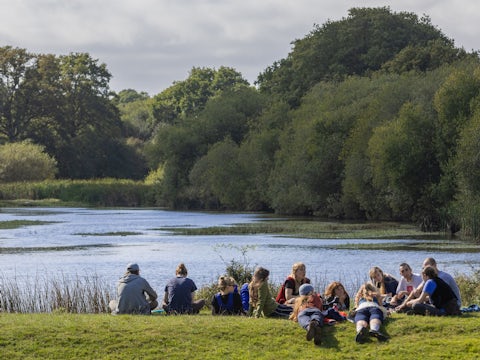
Overgrowth — Youth Rewilding Network
Community- Countrywide, England
- 2024
Funding will support the Youngwilders to create a national network of young rewilders. This will include developing an online community and the creation of a new youth summit in northern England.
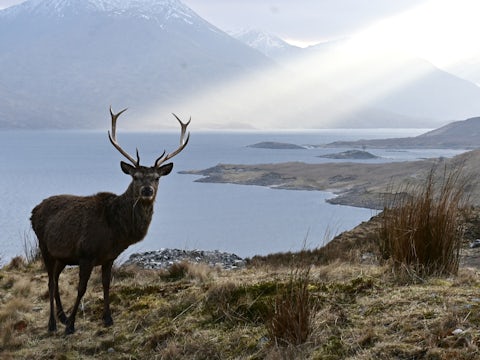
Mediation in upland deer sector
Community- Countrywide, Scotland
- 2024
This Trees for Life project will support the Common Ground Forum and advance its vision for ecologically healthy land, resilient rural communities and collaborative sustainable approaches to managing deer and herbivore impacts.
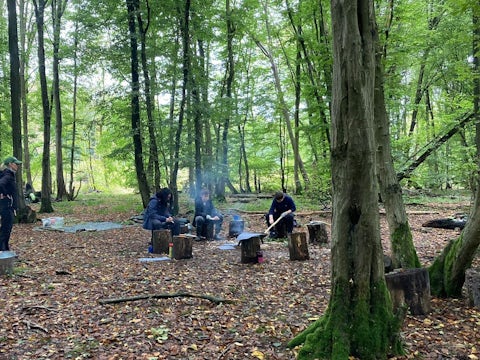
Wilderness Youth Engagement
Community- Countrywide, England
- 2024
The Wilderness Foundation works within a 38.5ha ancient woodland. This funding will support immersive nature activities for young conservationists and volunteers, increasing their education programme for young people.
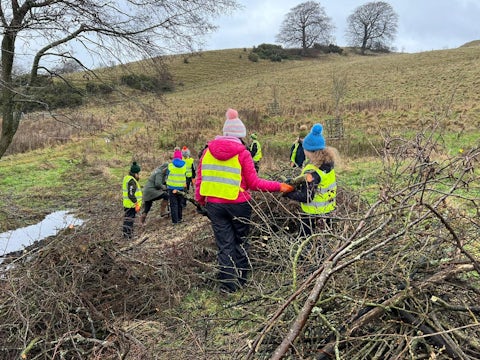
The Biodiversity Guardians
Community- Countrywide, Scotland
- 2024
Bright Green Nature are developing an ecosystem restoration plan for the 65ha Haining site. By involving volunteers and schools, they hope to deepen the sense of place that these sites instill.
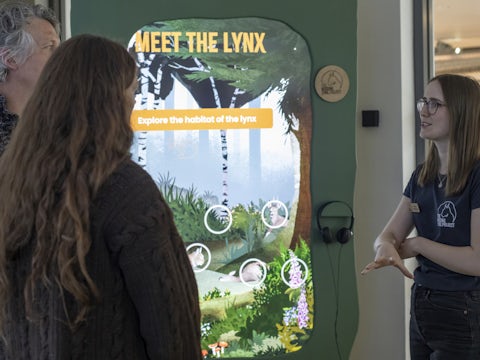
The Missing Lynx Project
Community- Britain-wide
- 2024
The project explores the ecological and social feasibility of reintroducing lynx to northeast England and the bordering edges of Cumbria and Southern Scotland. This funding supports engagement with young people about lynx in our landscapes.
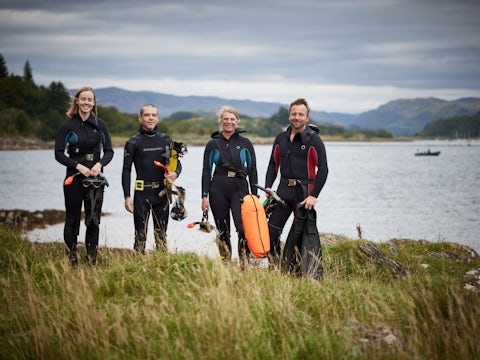
Internships with Seawilding
Community- Argyll, Scotland
- 2024
This funding is giving three more interns the opportunity to work with Seawilding on native oyster and seagrass restoration, imparting valuable skills and knowledge to the next generation of marine rewilders.
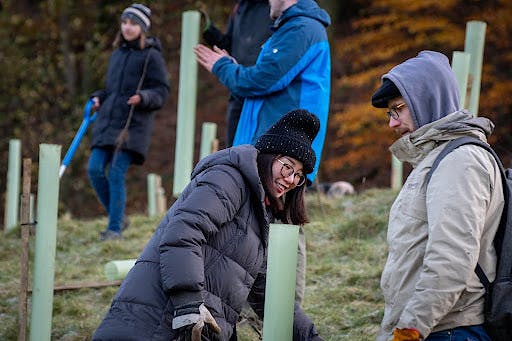
Community rewilding hubs
Community- Yorkshire, England
- 2024
The Community Rewilding hubs project by the Yorkshire Rewilding Network is linking local networks of rewilders allowing the sharing of rewilding inspiration, experience and skills and engendering positive views of rewilding.
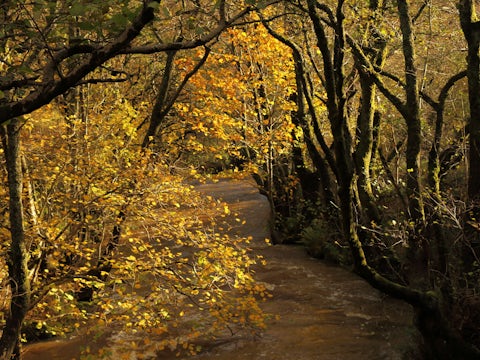
Cultivating Change in the Uplands
Community- Countrywide, Wales
- 2024
Radnorshire Wildlife Trust is on a mission to change the perception of rewilding in Wales. Funding is provided to engage with stakeholders to showcase the benefits of rewilding.
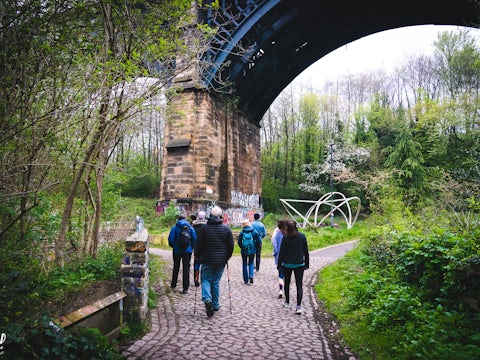
Urban rewilding at Wild Ouseburn
Community- Newcastle-upon-Tyne, England
- 2023
Since regeneration, the Ouseburn Valley has retained a diverse range of habitats and green spaces. We’re funding a study that will look at the potential for community-integrated rewilding to increase access to nature in the area.
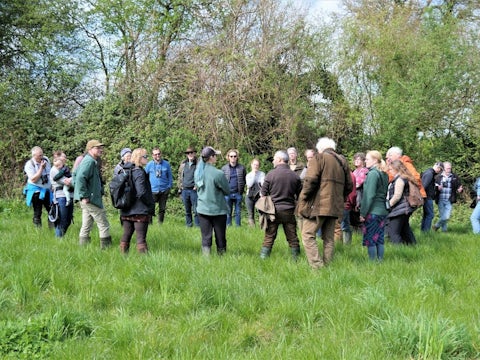
Hampshire and Isle of Wight Network
Community- Hampshire and Isle of Wight, England
- 2023
We've helped them set up and run the Hampshire and Isle of Wight local rewilding network. By connecting local rewilders, the group aims to share learning, provide specialist knowledge, improve ecological monitoring and increase rewilding.
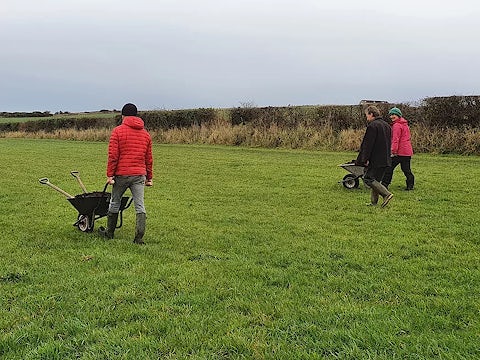
North East Rewilding Network
Community- Northeast, England
- 2023
A new network hosted by Climate Action North will expand the support provided through the North East Rewilding Network to local rewilding projects, crucially making connections between land, sea and community.
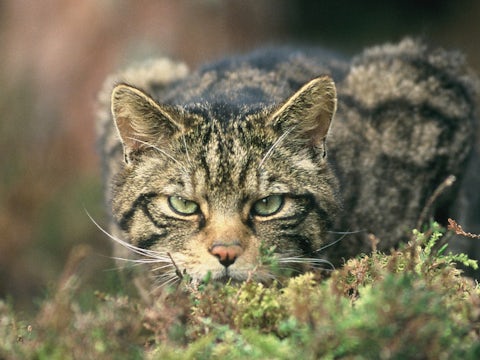
Social feasibility of wild cat reintroduction
Community- Cornwall, England
- 2022
The wildcat, sometimes called woodcat because of its preferred habitat, has been missing from Cornwall for hundreds of years. This project engages with communities, landowners and land managers to scope the possibility of the cat’s return.
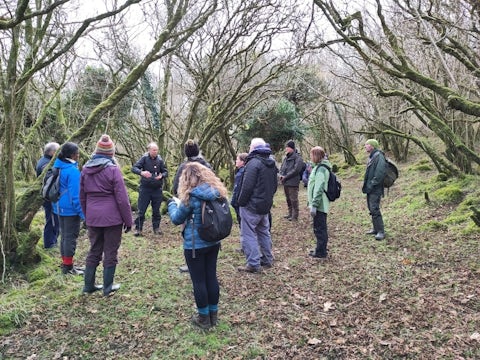
South Knapdale Deer Management
Community- Argyll, Scotland
- 2022
Argyll supports a large amount of Scotland’s remaining temperate rainforest, however high deer numbers threaten its regeneration. This funding is supporting the community to establish a deer management group for the area.
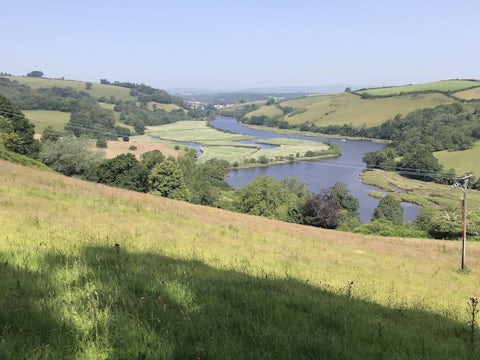
Devon Rewilding Network
Community- Devon, England
- 2022
Local action is vital for rewilding. We're helping the Devon Rewilding Network engage with a range of audiences, to provide support and advice to local communities and join up rewilding initiatives.
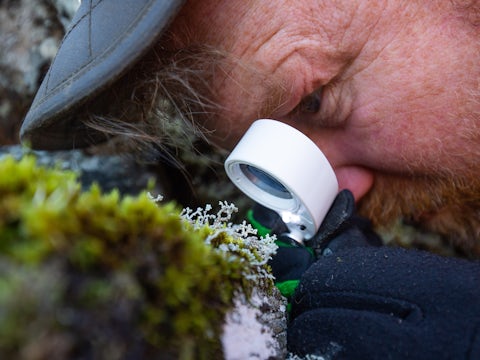
Training up the next generation
Community- Britain-wide
- 2022
This funding is helping to develop training for the next generation of land managers. It will give young people the opportunity to learn from on-site experts, teaching them new skills and increasing capacity for nature restoration.
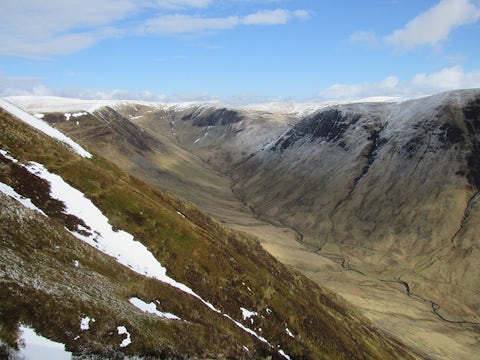
Talla Hartfell Wildland area engagement
Community- Southern Uplands, Scotland
- 2022
Covering 47,215ha in the central Southern Uplands, the project aims to increase rewilding and nature restoration, working with communities. Funding has contributed to a new a circular walk, an eco-museum, talks and advisory visits.
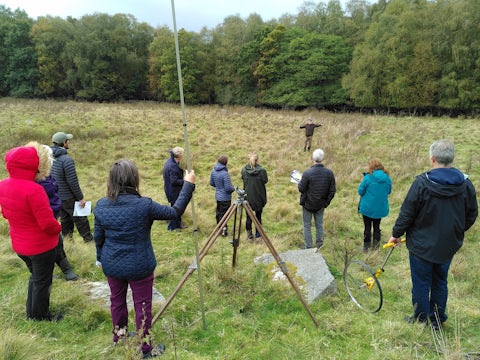
Yorkshire Rewilding Network
Community- Yorkshire, England
- 2022
The project connects, inspires, and enables rewilding in the area, bringing together landowners, land managers and the community. Funding supported the first Yorkshire Rewilding Festival in 2023, plus engagement events and advisory visits.
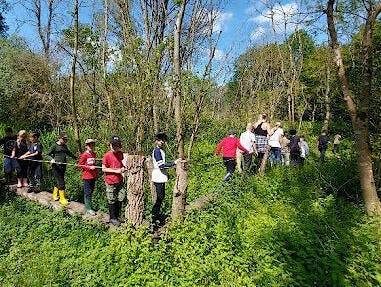
Education at the Spains Hall Estate
Community- Essex, England
- 2022
We helped Spains Hall Estate develop an education and community outreach programme for local schools and community groups. Partnering with The Wilderness Foundation, they're delivering the programmes from a nature-based camp on the estate.
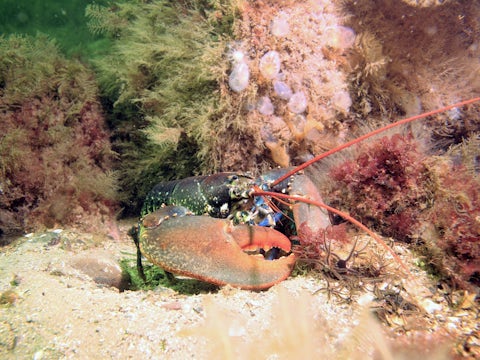
A seascape plan with the Arran community
Community- Arran, Scotland
- 2022
The funding's helped make a plan for the South Arran Marine Protected Area. The first of its kind for Scotland, it will be an example for other coastal communities, with a vision developed with the community, for the community.
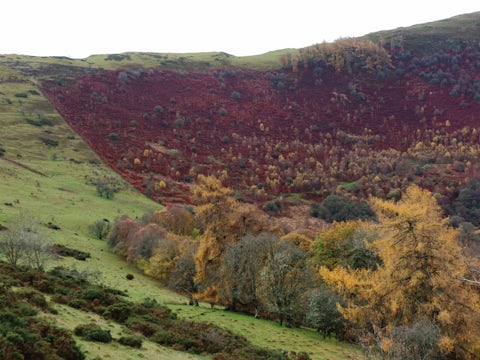
Wilder Marches
Community- Radnorshire, Wales
- 2021
Radnorshire Wildlife Trust have undertaken extensive consultation with local communities to co-create a vision for nature recovery in the landscape that works alongside sustainable food production.
Feasibility studies and business plans

Bar Brook Rewilding Partnership
Feasibility- Derbyshire, England
- 2025
In the Upper Derwent, the Bar Brook Rewilding Partnership project is using rewilding and natural flood management to slow water, support wildlife and explore private-sector backing through ecosystem service payments.

Marine rewilding and fisheries management
Feasibility- Devon, England
- 2025
Devon County Council are creating a marine rewilding and fisheries roadmap for North Devon UNESCO biosphere — restoring habitats, protecting wildlife and working with local fishers to build better seas for nature, climate and communities.

Saving Britain’s south coast
Feasibility- South coast, England
- 2025
Saving Britain’s South Coast is an ambitious collaboration between a number of Wildlife Trusts to deliver nature recovery along the south coast of Britain which is home to a vibrant underwater world.

Rewilding Westacre
Feasibility- Norfolk, England
- 2025
Westacre Estate is exploring reintroducing the agile frog, the moor frog and the European tree frog to Norfolk to help restore aquatic ecosystems, engage the public and inspire more rewilding.
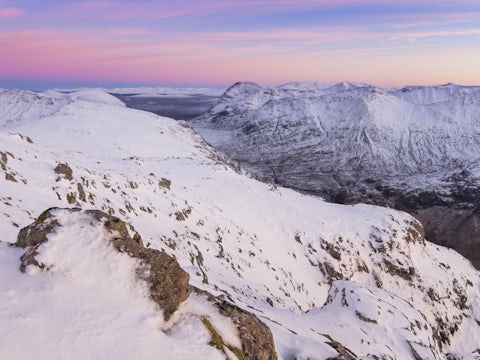
Loch Abar Mòr Partnership
Feasibility- Western Highlands, Scotland
- 2025
Convened by SCOTLAND: The Big Picture, Loch Abar Mòr is a landscape-scale nature restoration partnership in the West Highlands, committed to enabling communities to thrive in an ecologically diverse and climate-resilient landscape.
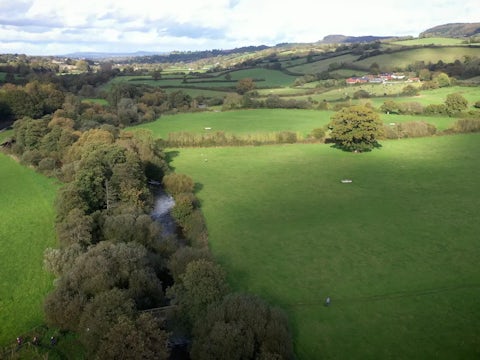
Planning for Nature Recovery in East Devon
Feasibility- Devon, England
- 2025
Clinton Devon Estates are looking to establish natural processes across 270-hectares of their land in east Devon. To get there, they'll be developing a feasibility study and costed business management plans for coastal rewilding.
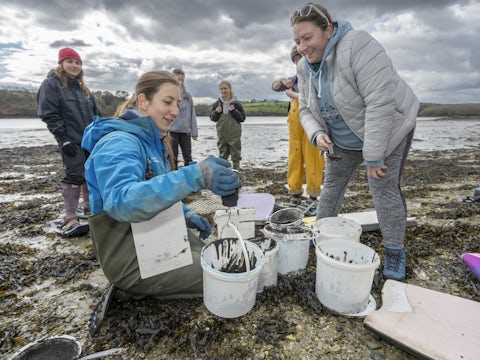
Upscaling seagrass restoration in Cornwall
Feasibility- Cornwall, England
- 2025
Cornwall’s intertidal seagrass is disappearing, harming marine life and reducing carbon storage. This project will study past and present seagrass beds, providing vital insights to guide where and how future restoration efforts take place.

Tarras Valley Nature Reserve
Feasibility- Countrywide, Scotland
- 2024
The largest community buy-out in the South of Scotland. Funding is being provided for a herbivore feasibility study for the land, bringing in expertise to plan different scenarios to introduce regenerative grazing to the landscape.
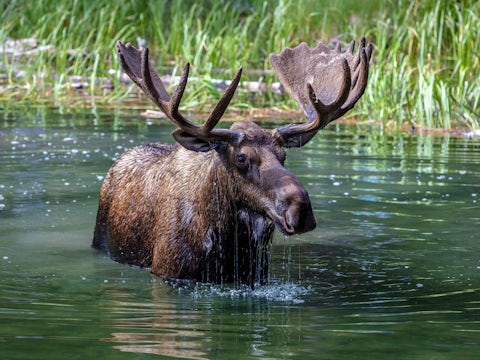
High Fen Wildland
Feasibility- Countrywide, England
- 2024
High Fen Wildland is a 292ha fenland restoration project in Norfolk. This funding will be used to assess the feasibility of the site to support Eurasian elk species, to complement the planned re-wetting works on site.
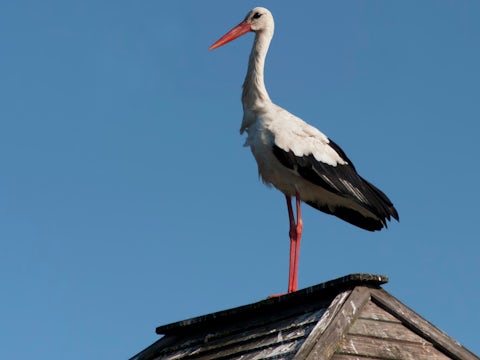
White storks to London
Feasibility- Countrywide, England
- 2024
The project aims to connect London populations with those in Sussex and Surrey to promote nationwide recovery of the species. Funding will support a feasibility study and community engagement, sharing insights with urban rewilding projects.
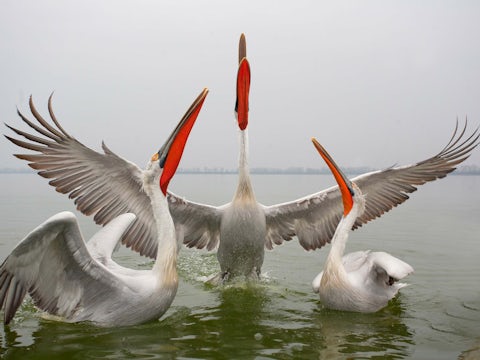
Pelicans to Norfolk
Feasibility- Countrywide, England
- 2024
Following a feasibility study, the next phase of this reintroduction project will focus on engaging landowners. The funding is supporting site visits and plans in collaboration with a Dutch project to establish breeding colonies in England.
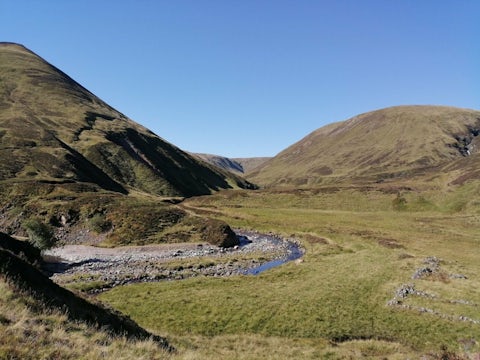
100 years of rewilding in the Cairngorms
Feasibility- Cairngorms, Scotland
- 2024
An exciting 100-year rewilding project managed by Durrell Wildlife Conservation Trust is happening at Dalnacardoch Estate in the Cairngorms. This funding will kickstart river restoration plans for Edendon Water, a highly-managed river.
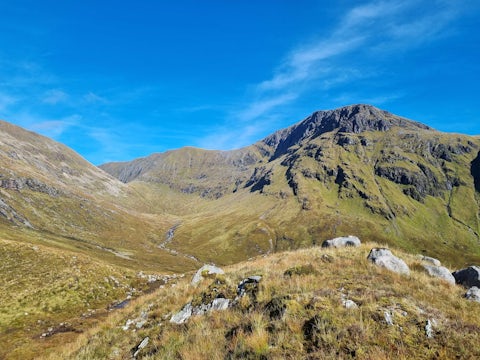
Nevis Nature Networks
Feasibility- Countrywide, Scotland
- 2024
The Nevis Nature Network Project is an ambitious long-term vision designed to develop and support collaborative long-term changes in land management across a 9000ha project area in the Glen Nevis and Ben Nevis area.
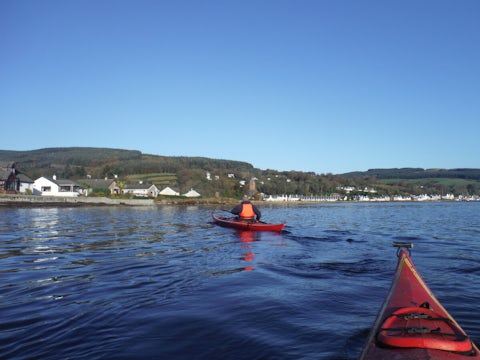
Fish, infauna and finance
Feasibility- Arran, Scotland
- 2024
Our funding is supporting the Community of Arran Seabed Trust to consolidate and analyse crucial monitoring data to assess the increased biodiversity of Arran’s seas and how the marine environment benefits Arran’s residents socially.
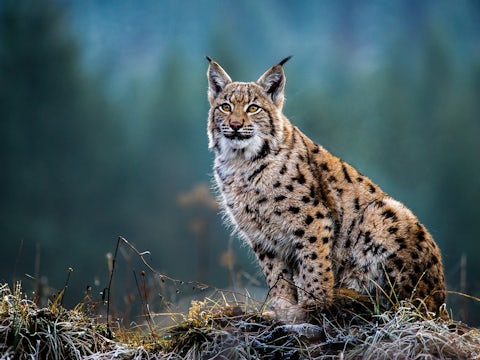
Lynx to Scotland
Feasibility- Countrywide, Scotland
- 2023
The funding will be used by Trees For Life to support the second phase of the impactful Lynx to Scotland project, which will examine the potential barriers and concerns expressed during the initial consultation.
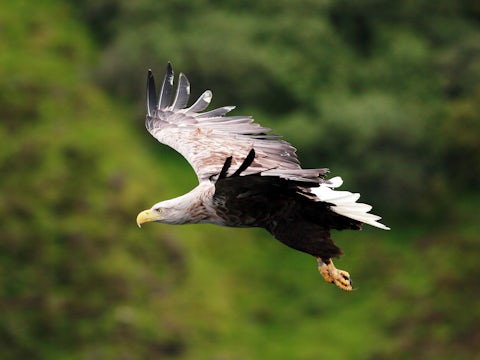
White-tailed eagle reintroduction feasibility
Feasibility- Lake District, England
- 2023
We are funding a feasibility study for white-tailed eagle reintroduction. The study will review habitat requirements as well as the social feasibility for the return of this species.
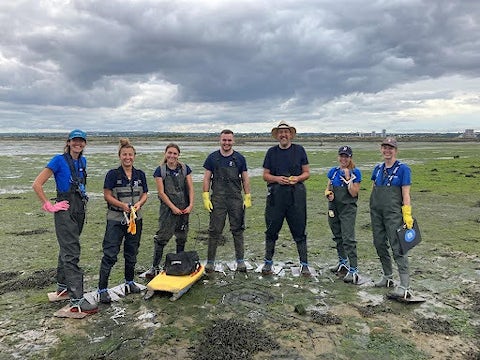
Marine Rewilding in the Medway
Feasibility- Kent, England
- 2023
This project aims to restore seagrass meadows and native oyster reefs in the Medway and Swale Estuary, Kent, to rewild the area at the seascape scale. The funding will be used to identify a baseline to measure improvements.

Leveraging wilder connections
Feasibility- Lincolnshire, England
- 2022
A project exploring the potential nature-based social and economic benefits on the Wilder Doddington Estate. It aims to show the social benefits of rewilding as well as creating opportunities for young people to gain skills and experience.
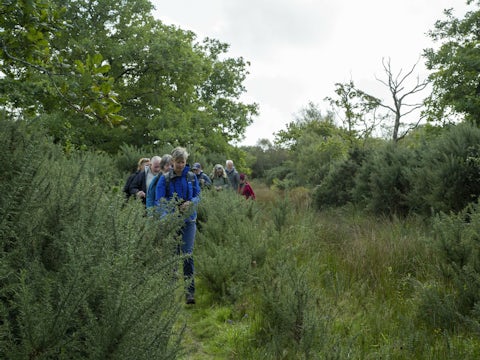
Helman Tor
Feasibility- Cornwall, England
- 2022
A feasibility study for Cornwall Wildlife Trust to explore opportunities for rewilding on its Helman Tor reserve. The plans include restoring species, mixed grazing as well as opportunities for people to enjoy this wilder nature.
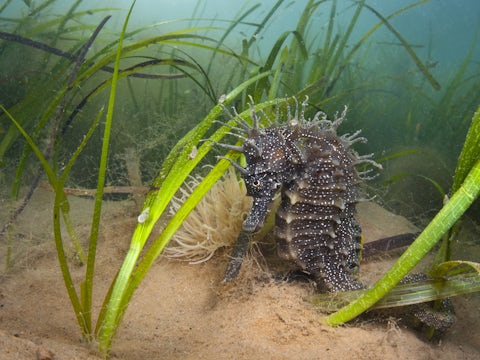
Rewilding the Intertidal
Feasibility- Devon, England
- 2022
Plymouth Sound supports fragmented habitats in a busy marine area. The project aims to re-naturalise areas currently under concrete and give nature the best opportunity to thrive.
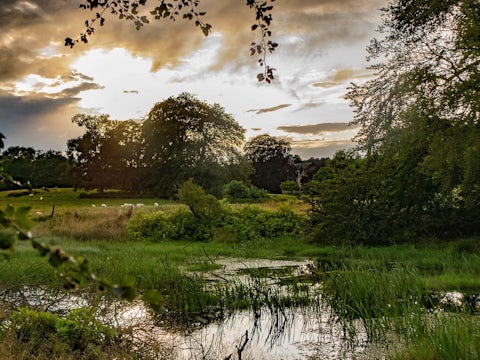
Catchment-scale nature recovery at Bamff
Feasibility- Perthshire, Scotland
- 2022
Funding to explore a catchment wide approach to restoring riparian woodland along the river to improve natural flood management, and create corridors for wildlife.
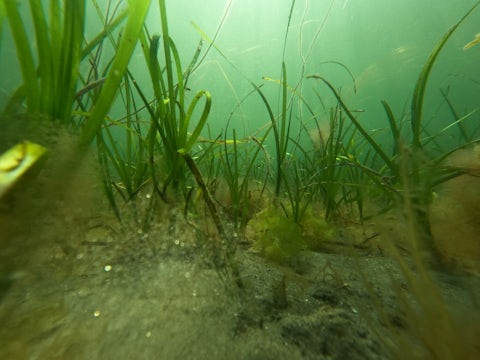
Community seagrass restoration
Feasibility- Western Highlands, Scotland
- 2022
A community-led feasibility study to identify potential areas for seagrass restoration in Knoydart, located on the peninsula of Lochaber, Highland, as well as providing training for local surveyors to explore the area.

Seagrass restoration
Feasibility- Northeast, England
- 2021
A feasibility study to identify potential areas for seagrass restoration – an essential marine habitat that absorbs carbon. Climate Action North spearheaded the initiative in the northeast of England.
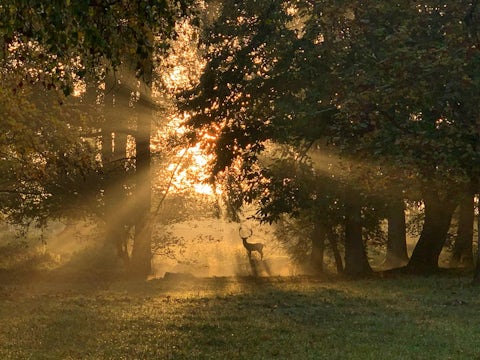
Wild Packington Estate
Feasibility- Warwickshire, England
- 2021
Feasibility study to inform the new rewilding strategy for the estate. The funding has provided them with an opportunity to explore new rewilding options across the estate and develop a detailed rewilding strategy.
Evidence building projects

Mynydd Bach environmental baseline audit
Evidence- Ceredigion, Wales
- 2025
Guided by our Rewilding Monitoring Framework, a group of farmers who own and manage 161 hectares in Wales, are working together to form a ‘cluster‘ in order to foster interest, grow knowledge and disseminate information about rewilding.

Falmouth subtidal seagrass restoration
Evidence- Cornwall, England
- 2025
The Ocean Conservation Trust is helping restore and rewild 10 hectares of subtidal seagrass in Falmouth Bay. Using bespoke mapping and monitoring techniques, they are helping to lead the way for large-scale seagrass conservation in Britain.

Ardura catchment restoration phase 1
Evidence- Mull and Iona, Scotland
- 2025
Ardura Community Forest is scaling up rewilding by filling evidence gaps and restoring habitats. Mull and Iona Community Trust will build partnerships and attract private support to unlock landscape-scale opportunities.
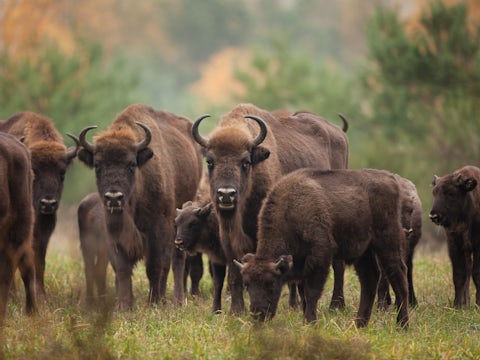
South of England Bison Project
Evidence- Countrywide, England
- 2025
This project is exploring reintroducing bison to a site in south England and providing guidance for other bison projects across Britain. Funding will enable Wildwood Trust to conduct essential research needed to move the project forward.
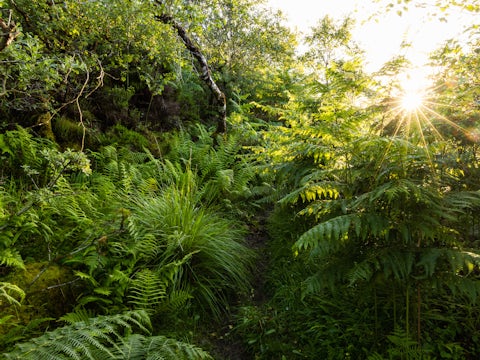
Temperate Rainforest Restoration Project
Evidence- Isle of Mull, Scotland
- 2025
Tireragan Trust is restoring temperate rainforest on the Isle of Mull. Steps include completing a woodland drone survey and tree species mapping to understand how to create a healthy, resilient temperate rainforest rich in biodiversity.
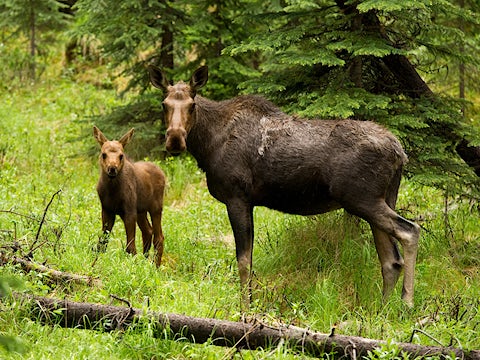
Working to return European Elk to England
Evidence- Countrywide, England
- 2025
Derbyshire and Nottinghamshire Wildlife Trusts are assessing the potential to bring elk into two beaver enclosures — reuniting these two keystone species in Britain after 4000 years. Funding will support evidence-gathering for the release.
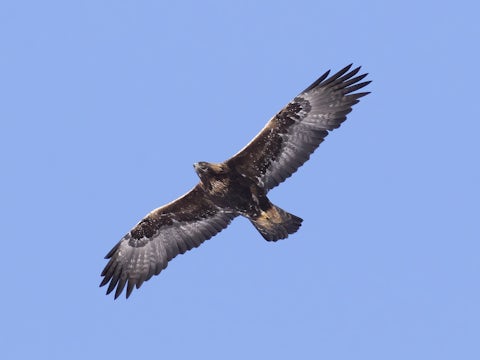
Golden Eagle Project in Britain
Evidence- TBC
- 2025
Restoring Upland Nature is exploring the potential return of golden eagles, building on the success of the South of Scotland Golden Eagle Project. This funding will help them develop a proposal and support partnerships.
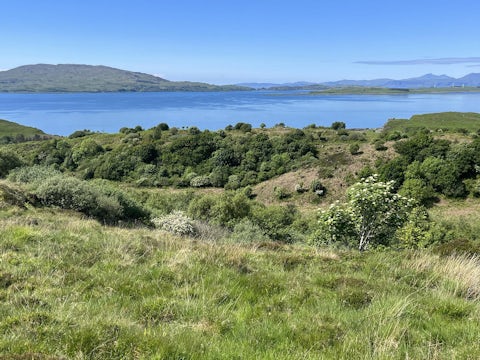
Rewilding Gartcharron
Evidence- Argyll, Scotland
- 2024
Gartcharron, a 110ha hill farm in Argyll, is developing a new vision towards nature recovery. Funding will be provided to collect essential baseline data to inform the rewilding strategy for the project.
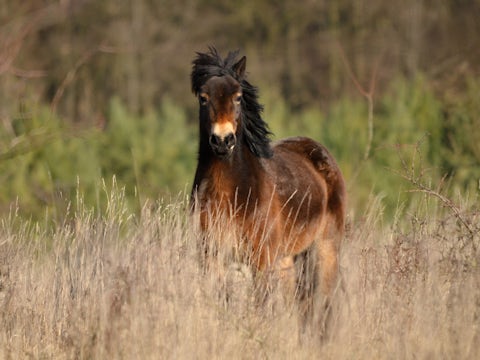
Reviving Exmoor’s Heartlands
Evidence- Countrywide, England
- 2024
A landscape-scale nature recovery and rewilding project restoring natural processes to the central moorlands of Exmoor. The funding supports a prioritisation exercise for species reintroductions, e.g. water voles and white-tailed eagles.
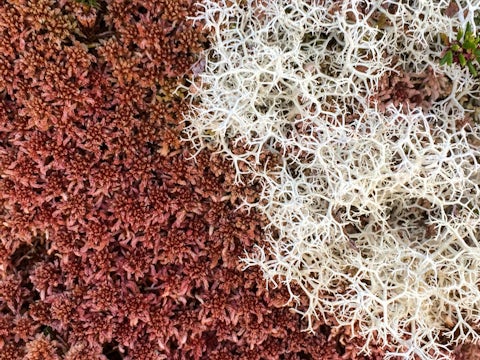
Missing Mosses
Evidence- Yorkshire, England
- 2023
Sphagnum mosses are a small but remarkable group of ecosystem engineers, with around 30 species in the UK. The funding will support the reintroduction of two sphagnum species to the peatland restoration areas at Kingsdale head.
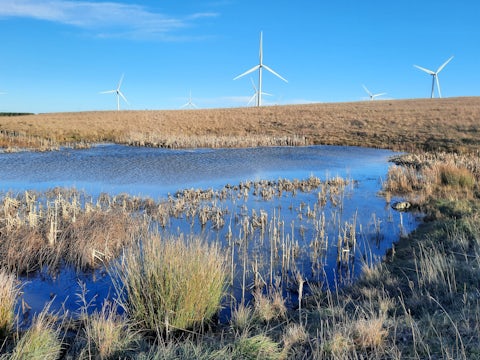
Testing baseline approaches including eDNA
Evidence- Countrywide, England
- 2023
At a former opencast mine, we will support eDNA testing of soils to inform the rewilding strategy for Wilding West Chevington and provide a baseline for soil fungal and bacterial communities, essential for measuring improved soil health.
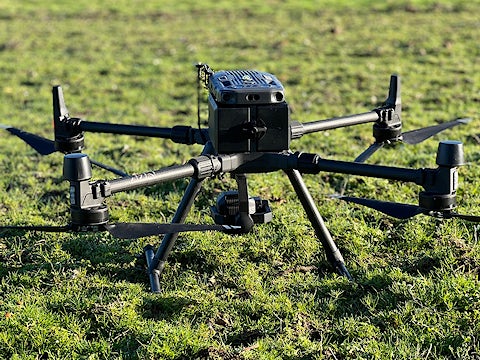
Peatland restoration at Yearn Stane
Evidence- North Ayrshire and Inverclyde, Scotland
- 2023
In Scotland’s Regional Park, Yearn Stane will use drone surveys and a 4k camera to survey over 5,000ha of peatland to aid restoration, provide data and capture footage for public engagement activities. Our funding will support the surveys.
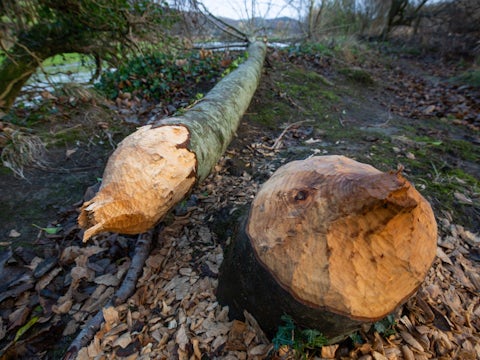
Building a case for beavers in Cheshire
Evidence- Cheshire, England
- 2022
Cheshire Wildlife Trust have set up a county-wide Beaver Management Group. The aim of the group is to engage various stakeholders in advocating for the multi-benefits beavers offer as a keystone species, and support beaver reintroductions.
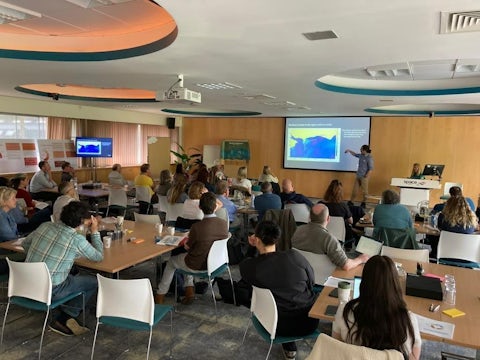
Sussex Kelp Project
Evidence- Sussex, England
- 2022
The impact of land use on marine rewilding is well known. This study explores the impact of sediment levels on kelp regeneration at the Sussex Kelp project, and involved a workshop to produce a Sussex Sediment Management Plan.
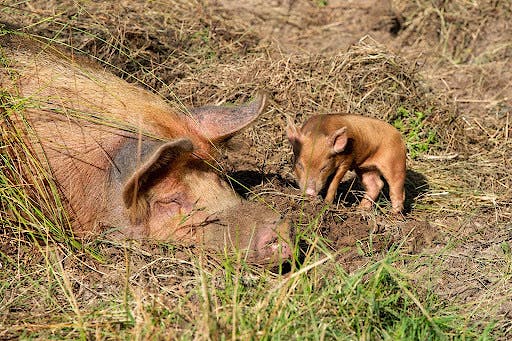
Developing Rewilding in West Dorset
Evidence- Dorset, England
- 2022
Developing a baseline for the Brit river catchment alongside a plan to engage the community with plans for landscape-scale restoration. The funding was also used to start up a membership scheme.
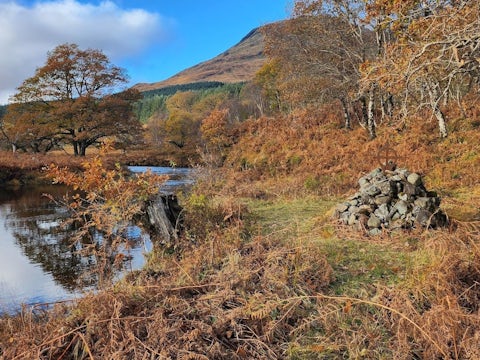
Rewilding Ardura Community Forest
Evidence- Mull and Iona, Scotland
- 2022
The charity Mull and Iona Community Trust (MICT) are developing a long-term, collective rewilding vision for the 200-hectare Ardura Forest, which they acquired on behalf of the local community in 2019.
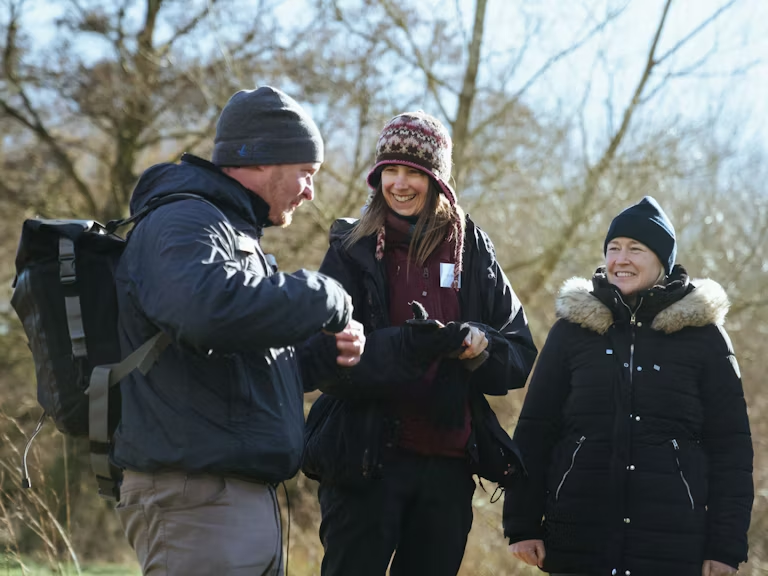
Join the Rewilding Network
Be at the forefront of the rewilding movement. Learn, grow, connect.
Join the Rewilding Network